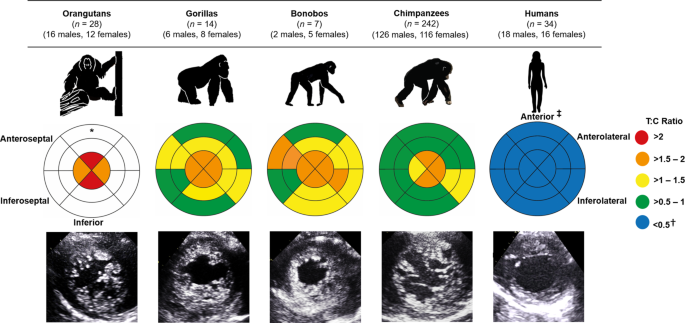2024-06-14 ミュンヘン大学(LMU)
<関連情報>
- https://www.lmu.de/en/newsroom/news-overview/news/alzheimers-disease-protein-switches-receptor-ion-channel.html
- https://www.cell.com/neuron/fulltext/S0896-6273(24)00404-5
APP断片がNMDA受容体のイオン性シグナル伝達と非イオン性シグナル伝達の両方を制御する APP fragment controls both ionotropic and non-ionotropic signaling of NMDA receptors
Jade Dunot,Sebastien Moreno,Carine Gandin,…,Laurent Groc,Michael Willem,Hélène Marie
Neuron Published:June 14, 2024
DOI:https://doi.org/10.1016/j.neuron.2024.05.027

Highlights
- AETA hampers NMDA receptor ionotropic activity by competing with its co-agonists
- AETA modifies NMDA receptor conformation and enhances ion-flux-independent signaling
- AETA level is raised by increased neuronal activity
- Deletion of AETA modifies NMDA receptor signaling and associated synapse plasticity
Summary
NMDA receptors (NMDARs) are ionotropic receptors crucial for brain information processing. Yet, evidence also supports an ion-flux-independent signaling mode mediating synaptic long-term depression (LTD) and spine shrinkage. Here, we identify AETA (Aη), an amyloid-β precursor protein (APP) cleavage product, as an NMDAR modulator with the unique dual regulatory capacity to impact both signaling modes. AETA inhibits ionotropic NMDAR activity by competing with the co-agonist and induces an intracellular conformational modification of GluN1 subunits. This favors non-ionotropic NMDAR signaling leading to enhanced LTD and favors spine shrinkage. Endogenously, AETA production is increased by in vivo chemogenetically induced neuronal activity. Genetic deletion of AETA production alters NMDAR transmission and prevents LTD, phenotypes rescued by acute exogenous AETA application. This genetic deletion also impairs contextual fear memory. Our findings demonstrate AETA-dependent NMDAR activation (ADNA), characterizing AETA as a unique type of endogenous NMDAR modulator that exerts bidirectional control over NMDAR signaling and associated information processing.

